Sarajevo Memorial Fund, in cooperation with the Center for Peace and Multi-Ethnic Cooperation and the Mostar Museum and Memorial, on the occasion of the sixth anniversary of the judgment of the Hague Tribunal in the case "Prlić and others", organized the screening of the documentary film "Justice" produced by the Center for Peace, and the promotion of a photo monograph "Heroes of Mostar".
The screening and promotion were held in the Multimedia Hall of the KS Memorial Fund in Kovači with the presence of a large number of guests. Among those present, among others, were the chairman of the Presidency of Bosnia and Herzegovina, Željko Komšić, member of the Presidency of Bosnia and Herzegovina Dr. Denis Bećirović, Vice-Presidents of FBIH Refik Lendo and Igor Stojanović, member of the Board of the House of Peoples of BiH Kemal Ademović, Federal Minister of Displaced Persons and Refugees Nerin Dizdar who is also the patron of the extended edition of the photomonography, and other representatives of state, federal and cantonal authorities, reis-ul-ulema Islamic communities in BiH Reisu-l-ulema Husein ef. Kavazović, mufti of Mostar Selem ef. Dedović, Rector of UNSA Rifat Škrijelj, numerous generals and commanders of the RBiH Army, the "Mother of Srebrenica", families of fallen fighters, winners of war awards, soldiers and many others.
In addition to the author of the photomonography project, Safet Oručević, who also played the role of moderator, Dr. Rasim Muratović - director of the Institute for the Investigation of Crimes against Humanity, Ahmed Kulanić - director of the Sarajevo Canton Memorial Fund and Emir Suljagić - director of the Srebrenica Memorial Center addressed the audience, who spoke on the Hague Six judgment from 2017 and preserving the legacy of the International Criminal Tribunal for the former Yugoslavia. Journalist and publicist Alija Behram introduced the content of the photo monograph "Heroji Mostar" to the audience.
An important message was sent that centers, associations, institutions and individuals will soon start work on the organization of the International Conference on Genocide Denial, Crime Denial and War Rhetoric. As a legacy from the time of defense against aggression, efforts will be made, as promised, to achieve prevention and lasting peace. Prevention and peace will be attempted with the legacy of the International Criminal Tribunal for the former Yugoslavia. It was also clearly stated that the nature of the war in Bosnia and Herzegovina was established by the judgments of this court.
"Today we are witnessing denial and lies about the events of the 1990s despite the judgments of the Hague Tribunal. On television screens, we watched convicted war criminals who shamelessly said that they would do it all again and would not give up anything, while leaders from the political circle pat them, encourage them and call them friends they would not give up. The Hague Genocide Verdict is dismissed, ignored or grossly ridiculed, causing additional pain for the victims. The entire leadership of the Republic of Croatia, with the exception of a number of brave, independent intellectuals from Zagreb, never accepted the verdicts in the case of the 'Herceg-Bosna Six and UZP', said Oručević.
He called for further preservation of dignity, announcing a national strategy and platform in response to the brutal revisionism of history.
"We have an agreement in principle at Kovači that these centers - Sarajevo, Srebrenica and Mostar - will come together and with collaborators, along with relevant institutions, associations and individuals, start working on defining a platform as a response to attacks on the truth and the future of our country," added Oručević.
With tonight's activity, the Sarajevo Canton Memorial Fund tried, among other things, to contribute to presenting and clearly speaking about the relevant events in the war in Bosnia and Herzegovina.
"We proudly joined the organization of the event with the Center for Peace, and at the suggestion of Mr. Safet Oručević, wanting to say how important today's date is in the history of Bosnia and Herzegovina, as well as the Hague Six verdict itself. It is one of the two that connect the neighboring states that they are involved in everything and it is really important that we have events like this as a lesson for the future, as a lesson from the past and as an adequate response to all challenges", said the director of the Memorial Fund, Ahmed Kulanić.
It is extremely important to tell the truth about the war in Bosnia and Herzegovina, is the message of the Chairman of the BiH Presidency, Željko Komšić from Kovač.
- Why avoid the truth and go over it? Everything that happened in the war was a disaster for all the people who cared about this country. In the name of the memory of those who paid with their lives and parts of their bodies for the day we live in, we are obliged to speak the truth. The truth is what it is. You can present it one way or another, but you cannot escape the bare facts. And the bare facts have been determined by the judgments of international courts, including the one we are talking about tonight. As in life, there is not much wisdom here, only the truth brings reconciliation and relaxation of relationships. And if it's black, we can't run away from it. We have to be braver, said Komšić.
Ambassador Robert Gelbard from Washington, special envoy for the Balkans and architect of the arrest of war criminals in the territory of the former Yugoslavia, greeted the attendees via video link.
The Hague Tribunal has done a great job, stated the Director of the Institute for Research of Crimes Against Humanity, Rasim Muratović.
- I know what that meant because we worked closely with them. They established several important facts that we must never forget. That is the basic message of the film and of this gathering. It was established that aggression was committed against the Republic of Bosnia and Herzegovina by the Federal Republic of Yugoslavia and the Republic of Croatia, that is, that joint criminal enterprises were committed. These are facts that will remain until the day of judgment, he said, condemning the work and criticizing the judiciary in Bosnia and Herzegovina, which did not judge numerous criminals who were part of the aforementioned criminal enterprises.
Emir Suljagić told how in 2002 he got to know the crimes of Herceg-Bosna in more detail in The Hague.
- Don't think that I didn't know what was happening until then, but I was always surprised why Jadranko Prlić was walking around Sarajevo freely, more freely than I am today. Since that day, I think that the events from 1992 to 1995 represent a single war against BiH and the Bosniak people. Some have been arrested, some are still on trial, but one thing has never stopped - the construction of Bosniaks as a danger on the soil of Europe, in which all Croatian institutions participate, and the construction of BiH as a temporary fake creation allegedly created by the occupation of the Ottoman Empire, said Suljagić.
The film "Justice" tells about the joint criminal enterprise that was judged six years ago, and the struggle of the citizens of Mostar for justice and peace. The photo monograph "Heroes of Mostar" documents the heroic struggle for the defense of Mostar with more than a thousand photographs and testimonies of representatives of the military, civil and religious authorities in the period from 1992 to 1995.
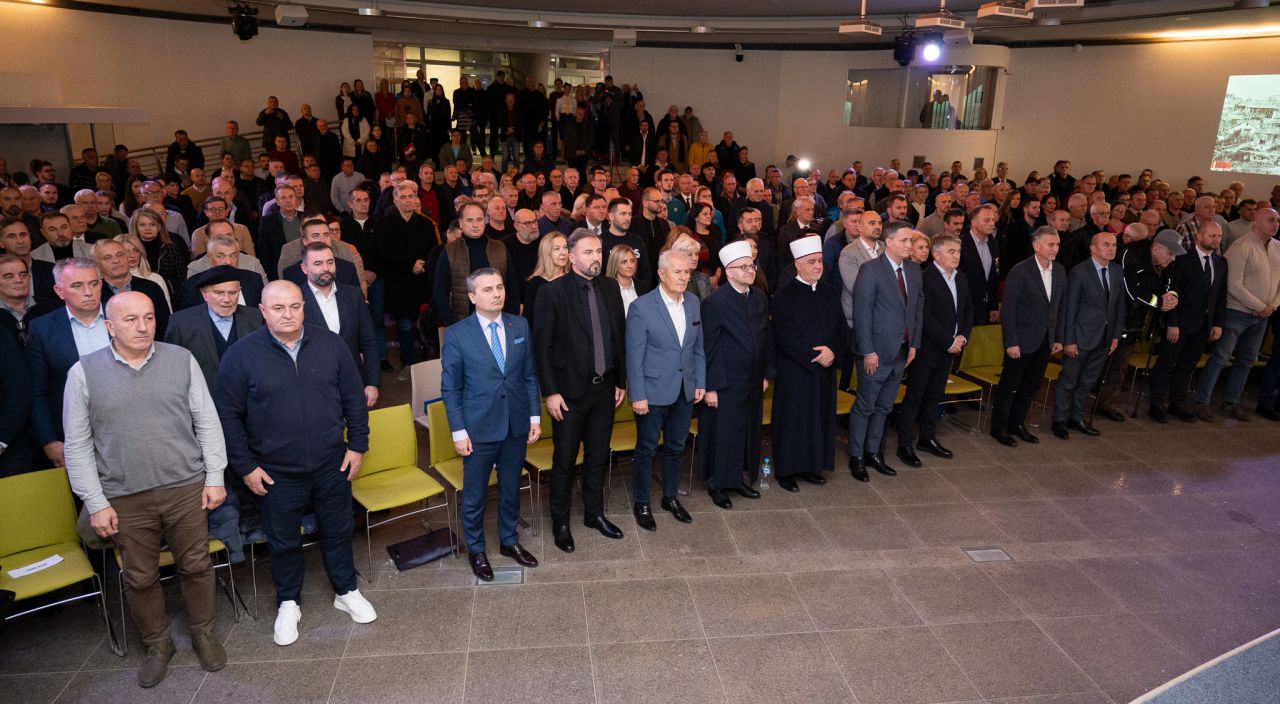
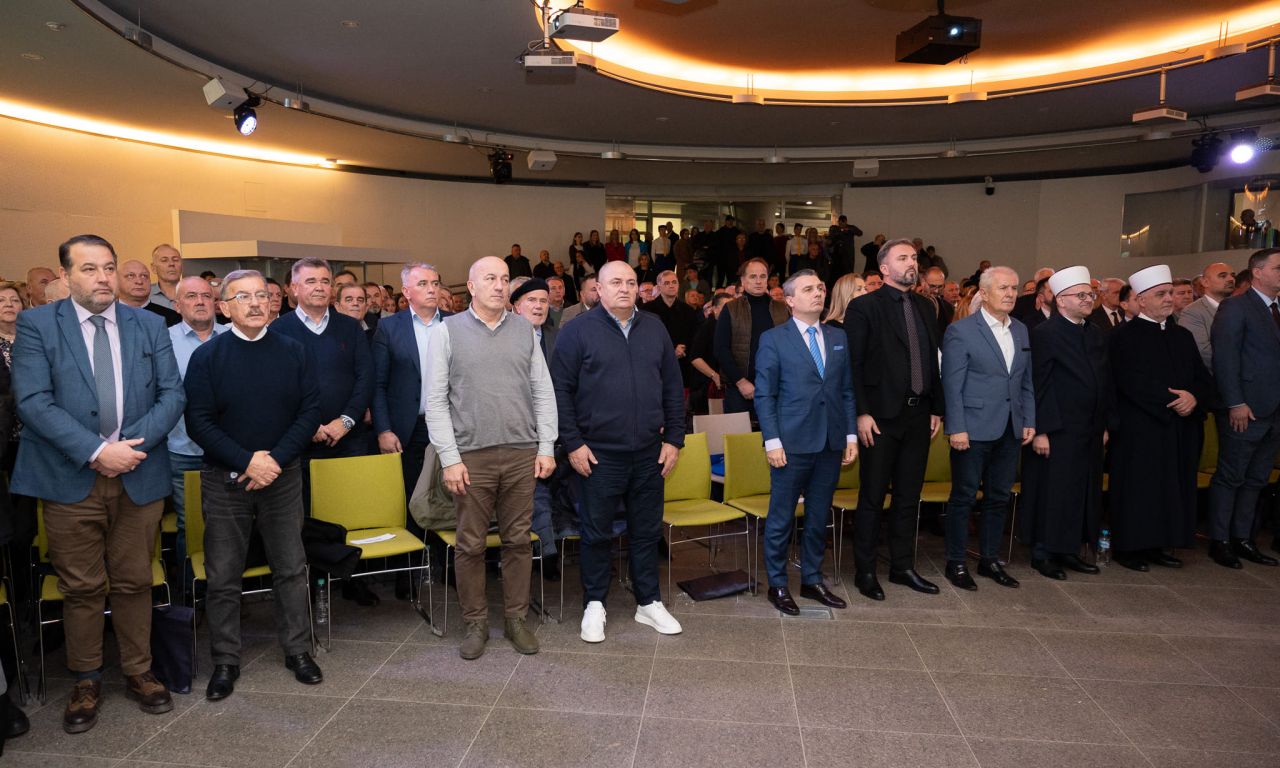
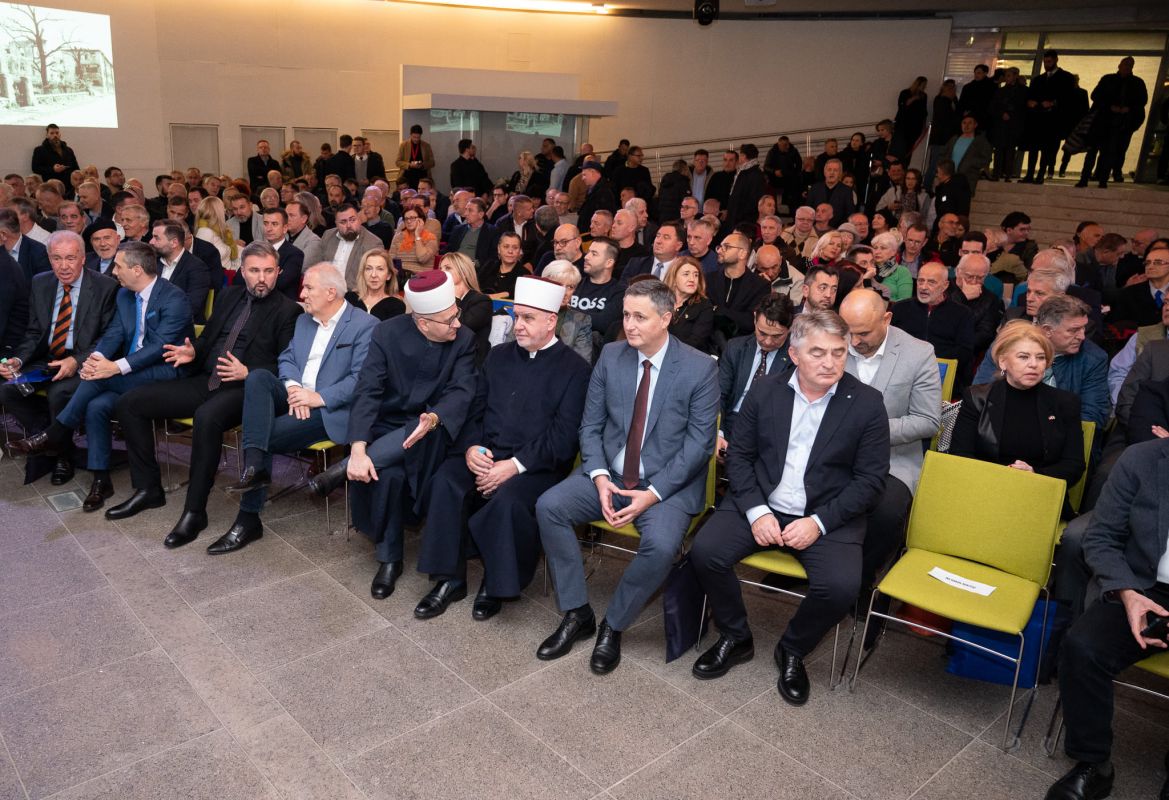
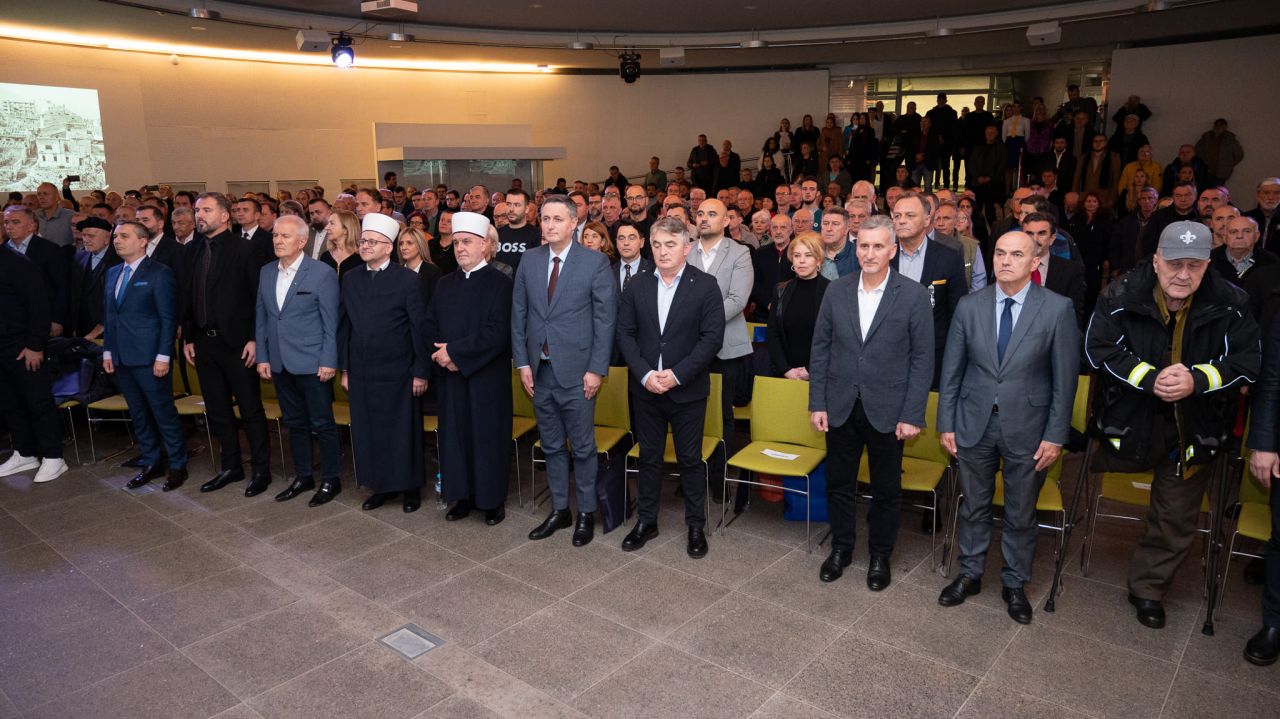
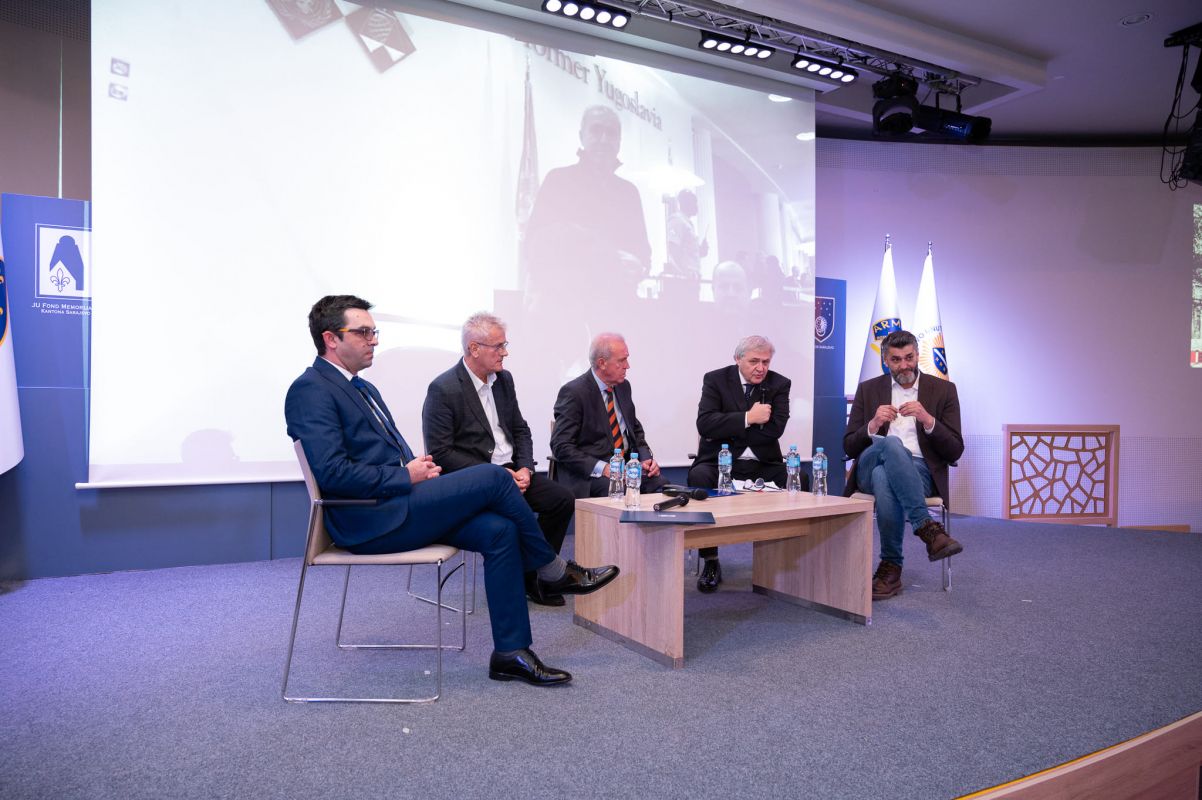
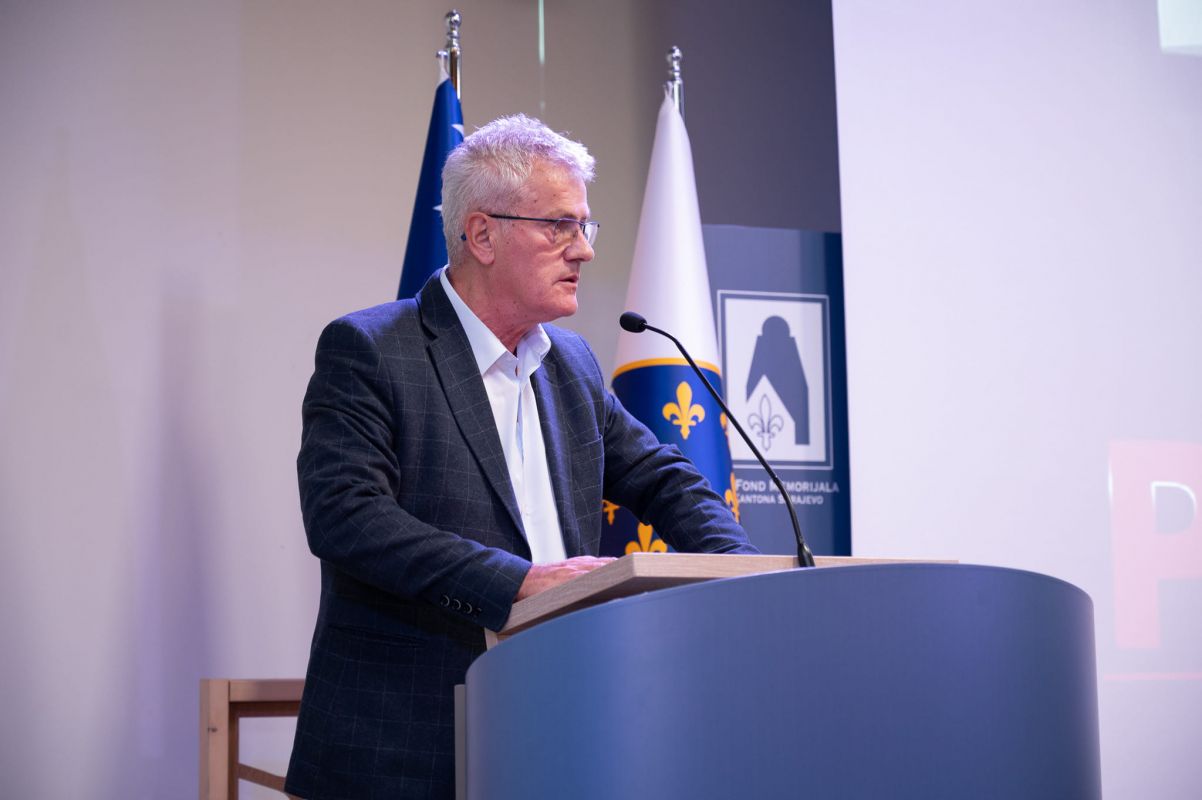
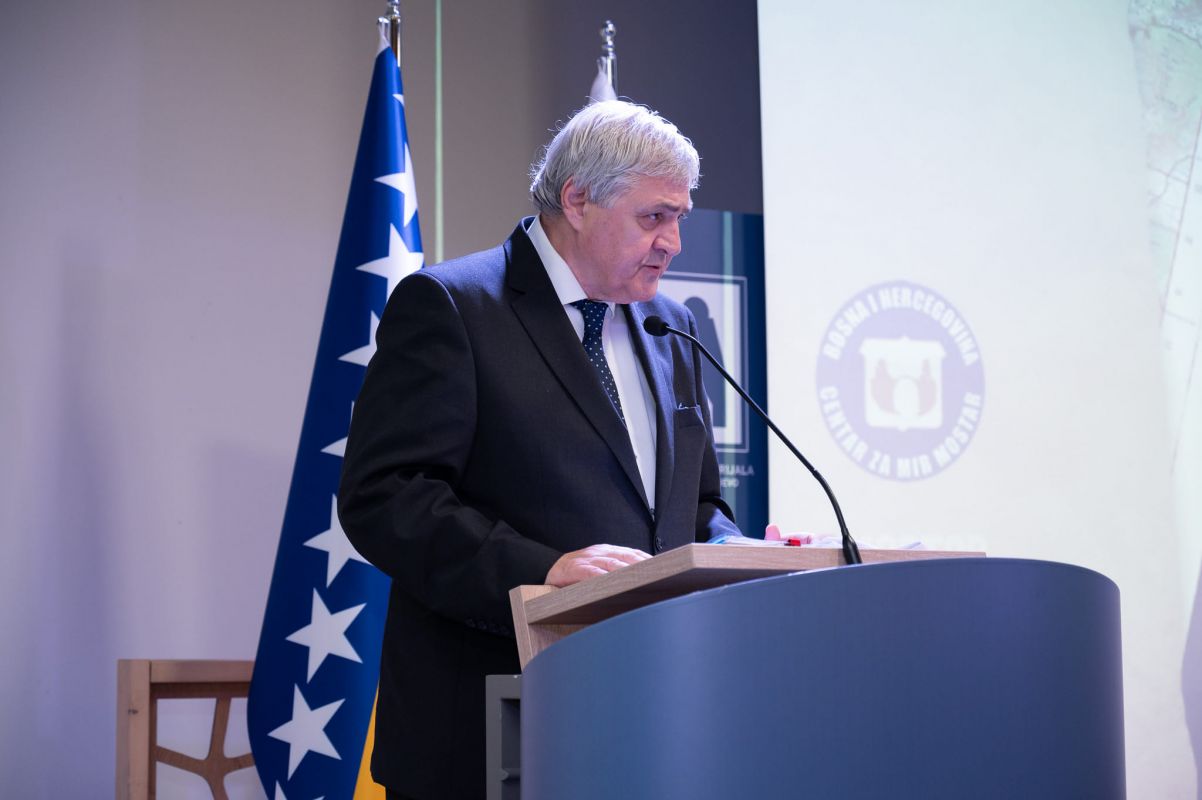
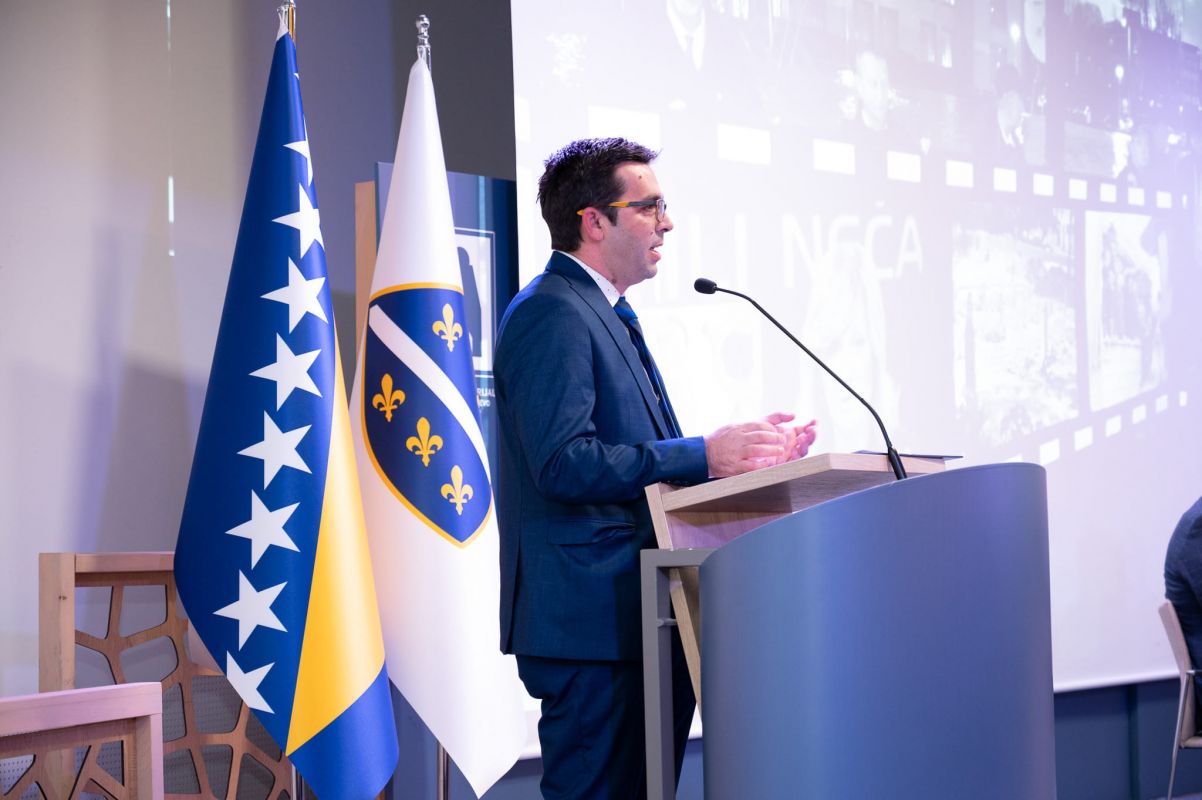
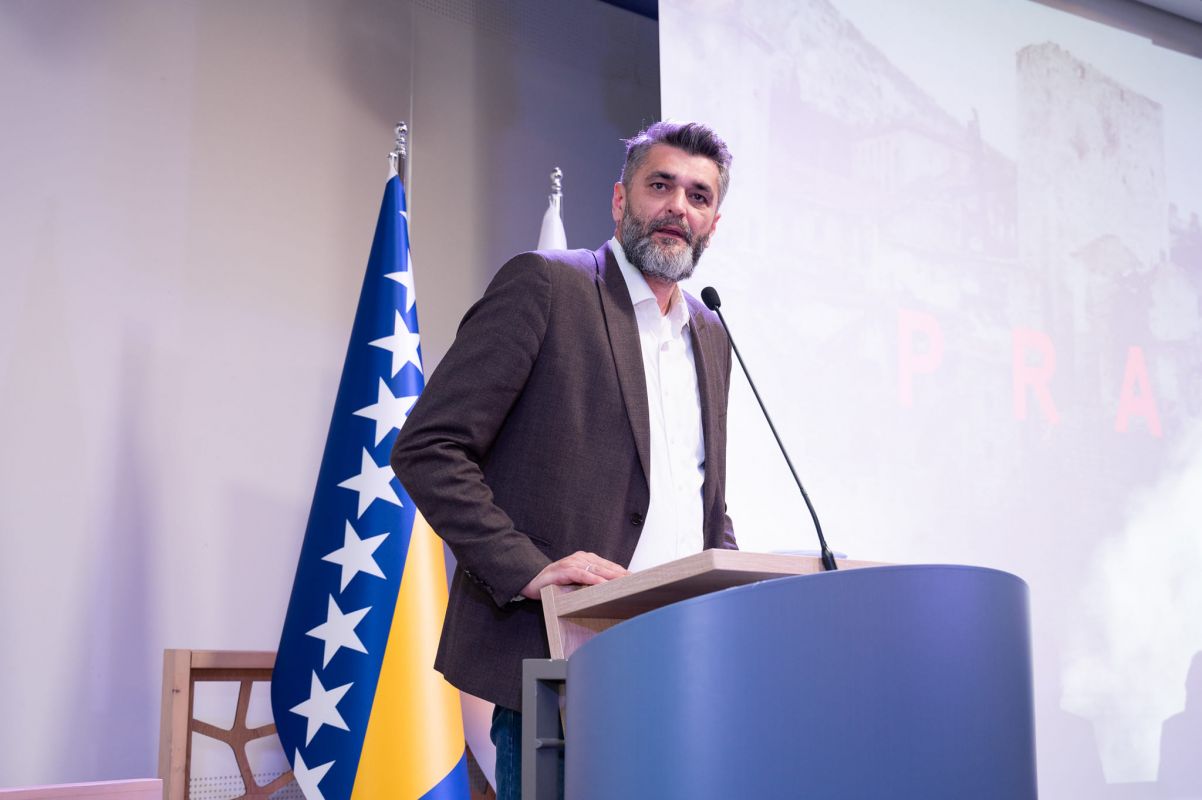
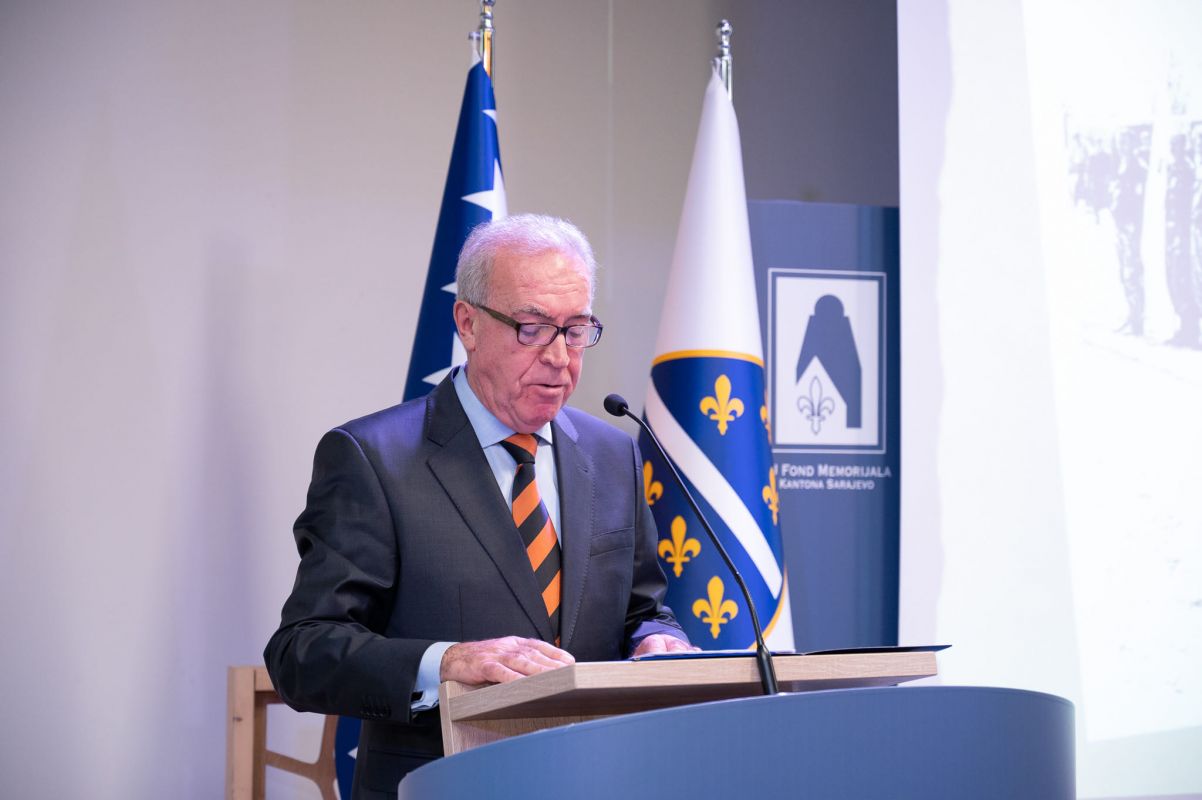
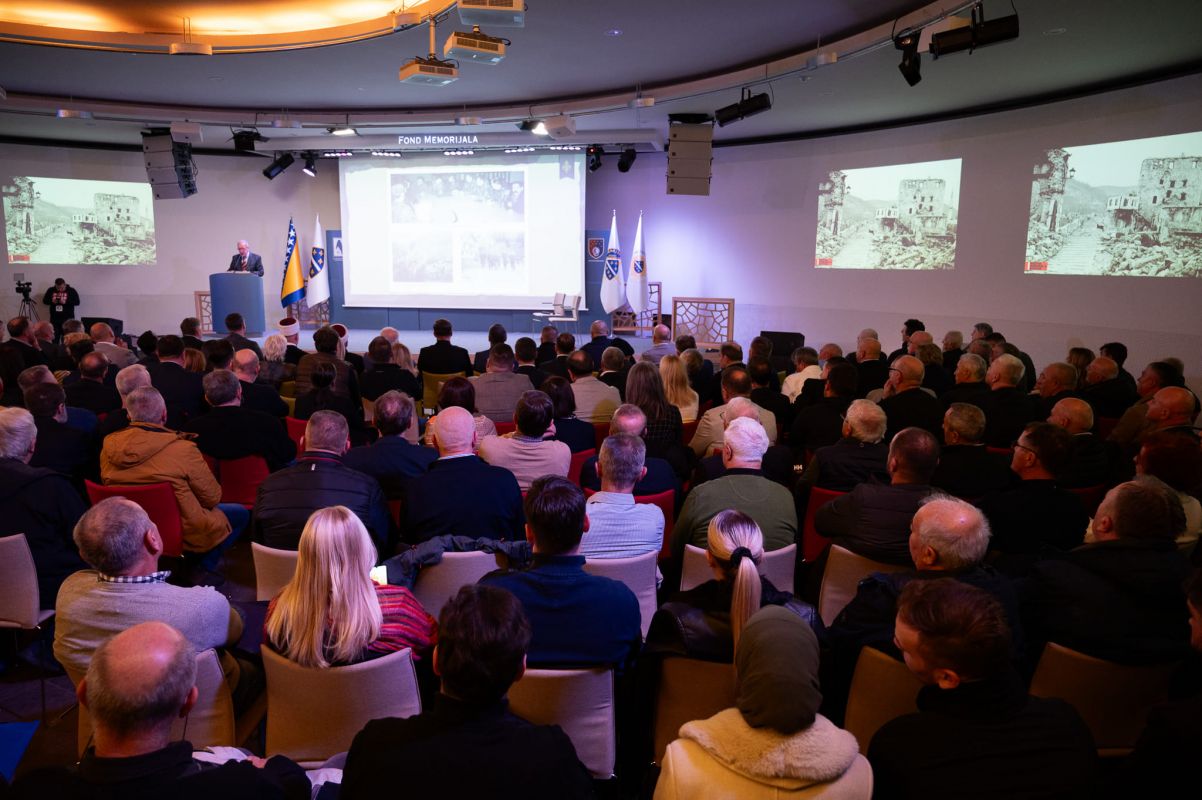
(1).png)
(1).png)